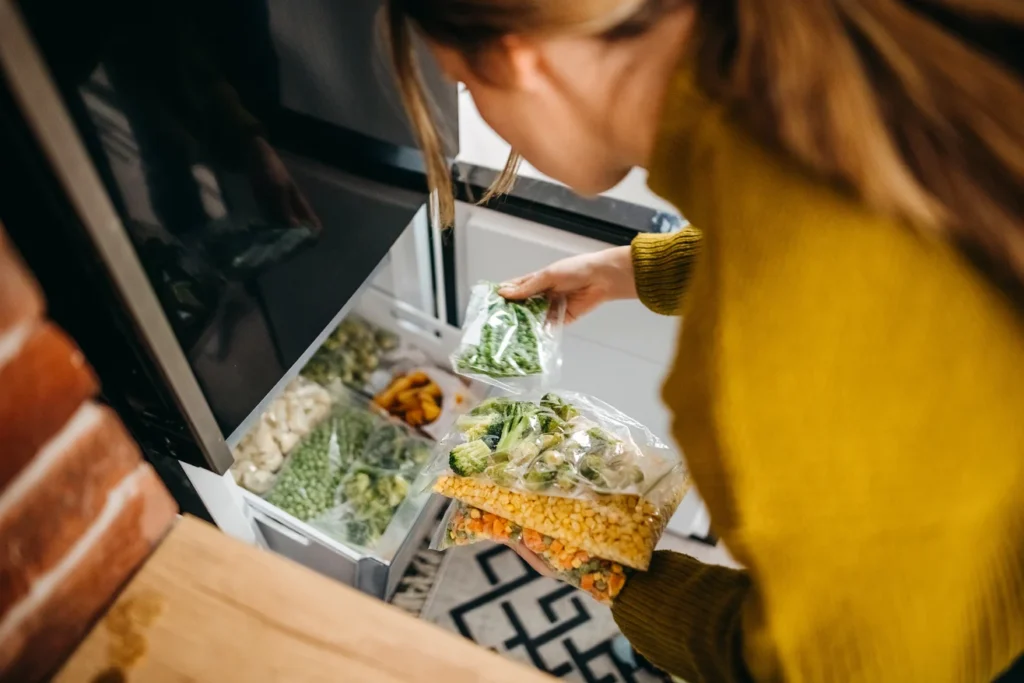From Trash to Treasure: Chefs Share Expert Tips to Cut Food Waste and Save Money

Professional Chefs Reveal Simple, Smart Strategies to Slash Food Waste at Home
Amid surging grocery prices and rising environmental concerns, food waste is no longer just a kitchen inconvenience — it’s a financial and ecological crisis. The average American discards an estimated $728 worth of food annually, totaling nearly $3,000 for a family of four, according to the U.S. Environmental Protection Agency. Meanwhile, food prices have soared more than 23% between 2020 and 2024 — a steeper climb than overall inflation — placing additional pressure on household budgets.
But while waste is common in home kitchens, professional chefs have long mastered the art of turning scraps into savings.
“In restaurants, food waste can make or break the budget,” said Tim Mangun, executive chef at Majordomo in Los Angeles. “We aim to waste no more than 1–2% of our food costs. Home cooks, by comparison, waste about 21%.”
Beyond saving money, chefs say reducing food waste also helps protect the planet. According to USDA data, more than 20% of municipal solid waste is food-related. And when that food reaches landfills, it often releases methane — a potent greenhouse gas — due to improper decomposition.
“Uneaten food carries a staggering environmental cost,” said Lindsay-Jean Hard, author of Cooking With Scraps. “Every resource used to grow, transport, and store food is wasted along with it.”
To help address the issue, CNN asked chefs across the U.S. to share their best techniques for minimizing food waste at home — strategies that are easy to implement and effective.
1. Shop With a Plan
Most home cooks shop with optimism, not realism. “You say you’ll eat five servings of veggies a day — then forget about the carrots by midweek,” said celebrity chef George Duran. Professional chefs never walk into the market without a menu. Planning your meals and making a list of what’s truly needed cuts down on impulse buys and food waste.
2. Use Ingredients Multiple Ways
Cross-utilizing ingredients is second nature for professional chefs, and it should be for home cooks, too. “Had mashed potatoes for dinner? Add broth and veggies to make soup,” said chef Ken Bell of Over Yonder in North Carolina. Planning recipes that share ingredients helps avoid half-used items wilting in the fridge.
3. Keep a Running Inventory
Mangun suggests a simple whiteboard to track what needs restocking. Before shopping, check your pantry and fridge to avoid duplicating ingredients. Follow the restaurant mantra “FIFO” — first in, first out — so older items get used before new ones.
4. Rely on Your Freezer
Leftovers don’t need to go to waste. “My freezer is my superhero,” Duran said. He chops and stores excess herbs in olive oil or keeps a bag of mirepoix-ready veggies (onions, carrots, celery) for soups and sauces. Just be sure to label everything clearly.
5. Save Scraps for Stock
Rather than tossing trimmings, collect them in the freezer for homemade stock. Carrot peels, onion skins, herb stems, and even meat bones can be simmered into rich broths — a budget-friendly and flavorful kitchen staple.
6. Pickle Your Produce
Got surplus veggies? Quick pickling is an easy way to extend their life for weeks. Combine vinegar, water, salt, sugar, and your favorite spices, boil, pour over the sliced produce, and refrigerate. “You can pickle almost anything,” Bell said.
7. Get Creative With Leftovers
At Duran’s house, “leftover roulette” is a family tradition — a fun challenge to make a meal out of what’s left in the fridge. Use recipe generators like SuperCook or SideChef to input ingredients and get creative suggestions.
8. Compost, But Thoughtfully
While composting is better than trashing, Hard advises reassessing what you’re discarding. “Could you use that carrot peel in a broth? Do those greens really need to be tossed?” If something does end up in the bin, take note and adjust future shopping.
9. Start Small and Keep Going
Don’t let the perfect be the enemy of the good. “You don’t need to overhaul your kitchen overnight,” Duran said. “Start with one habit. Get your kids involved. It’s good for their future — and your wallet.”
As food prices rise and sustainability becomes more urgent, chefs say it’s never been a better time to cook smarter — and waste less.
By Staff Writer, Courtesy of Forbes | June 27, 2025 | Edited for WTFwire.com
Source: CNN
: 264







